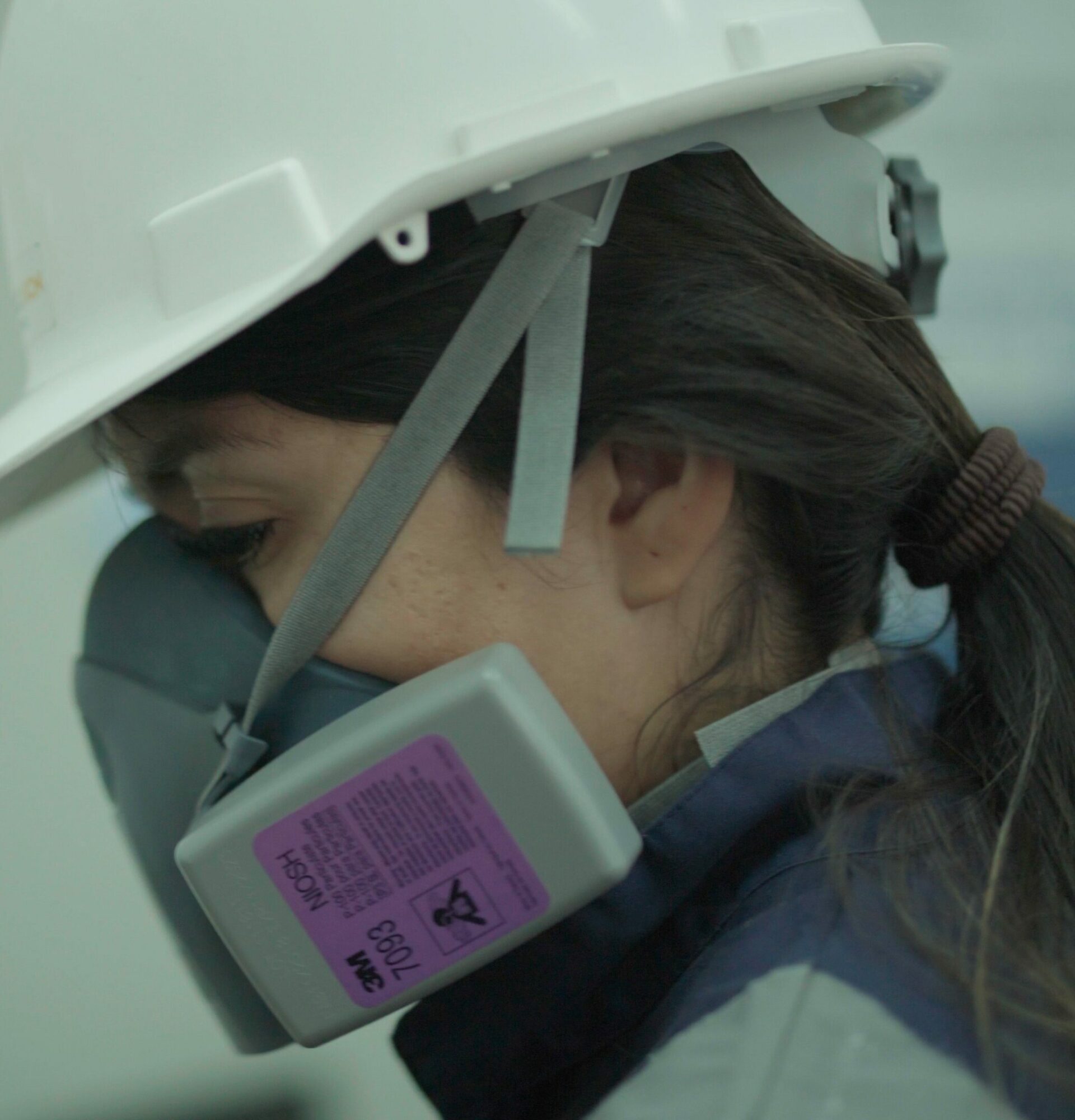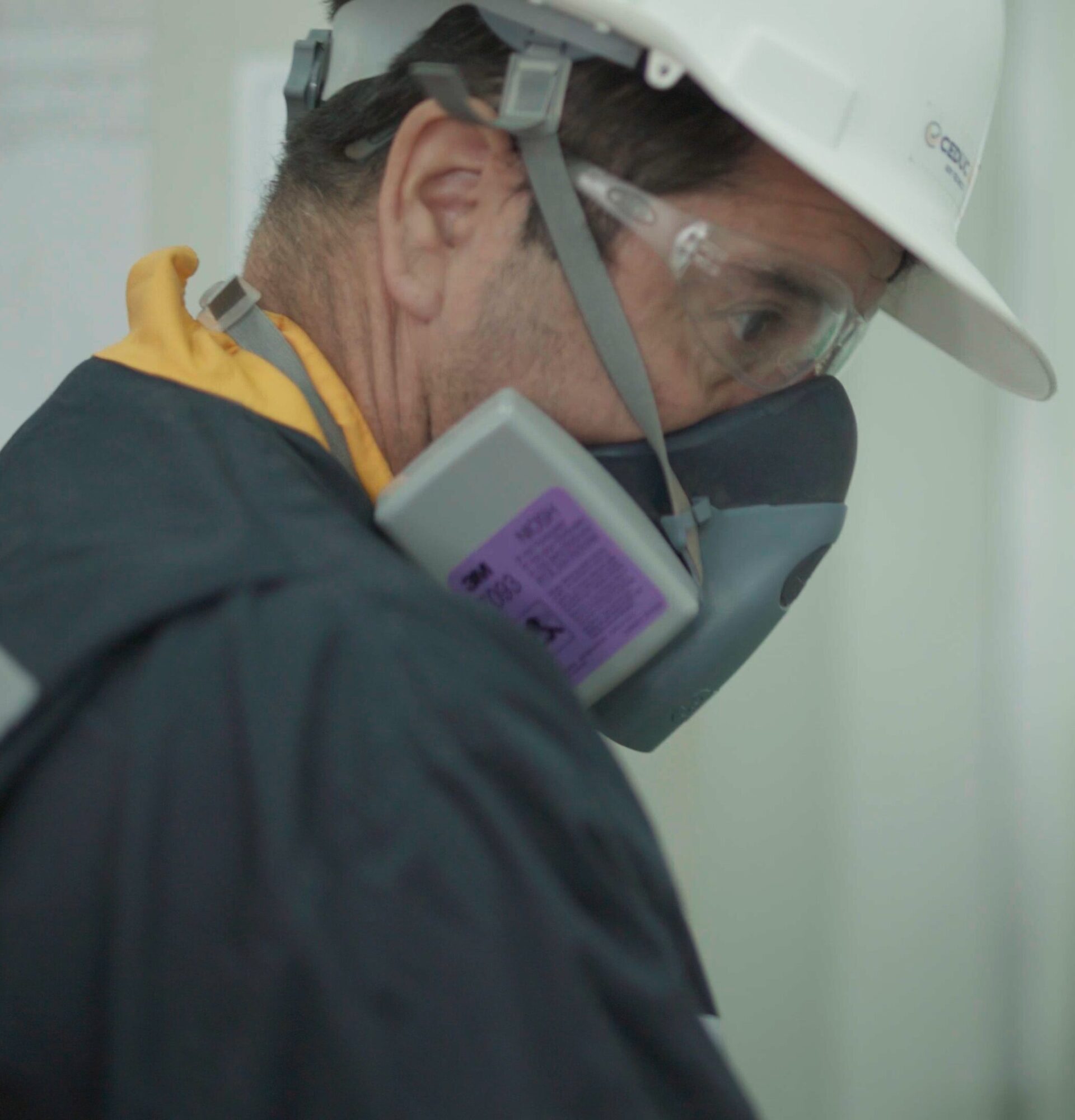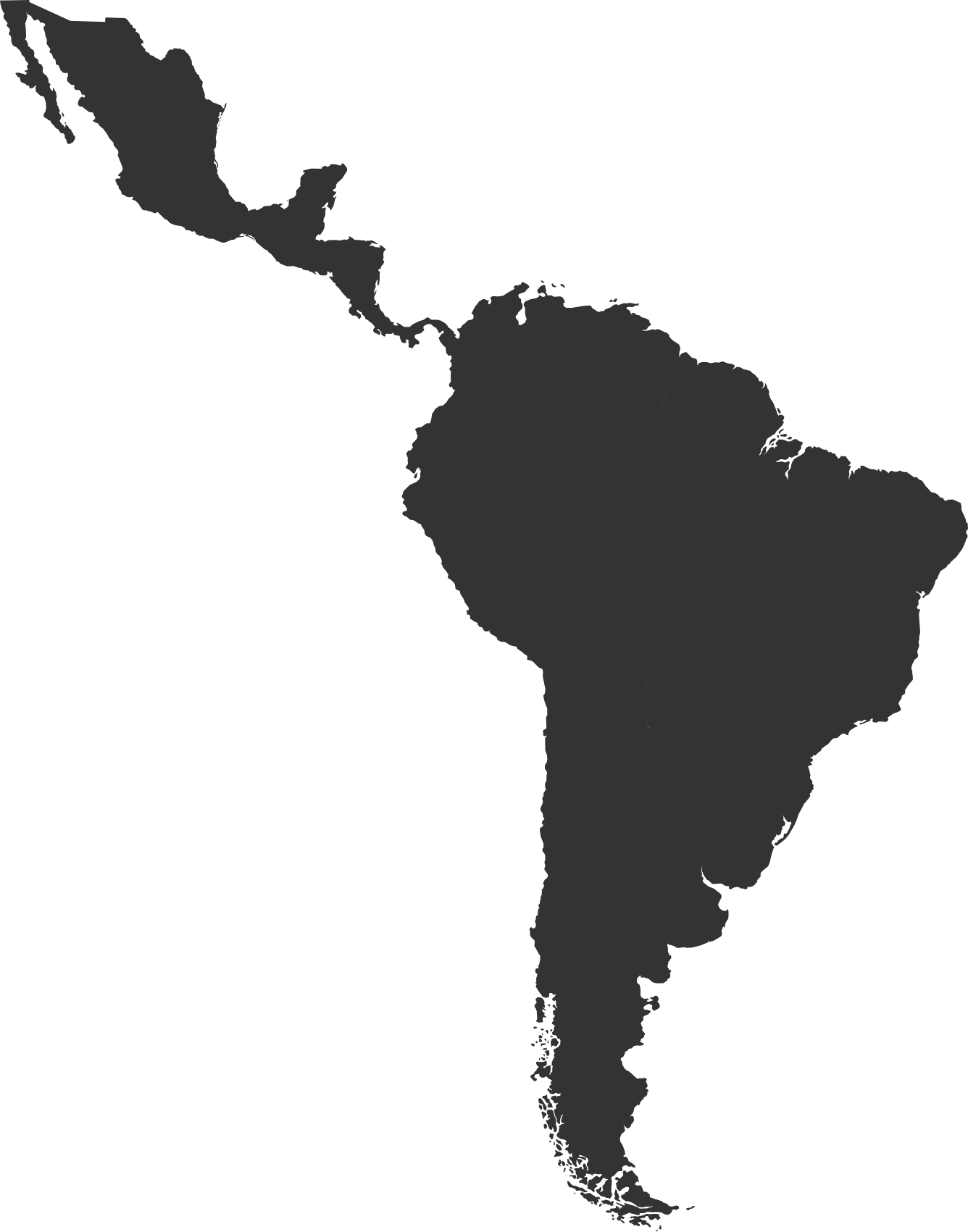Quality education

A success story of the collaboration between Canada and the four countries of the Pacific Alliance (Chile, Colombia, Mexico and Peru).
2016-2023

Explore this site and learn about the impact of this program through testimonials from key players. Funded by Global Affairs Canada, the program has contributed to the development of technical training and the strengthening of dialogue in the four countries of the Pacific Alliance (PA) over the seven years that it has been implemented by Colleges and Institutes Canada (CICan).
This web documentary is the result of a process that collected and analyzed nearly 200 testimonials from project stakeholders, such as political authorities, directors, teachers and students, who shared their experiences, what they learned and the lessons they drew from it.
Join us in discovering the richness of this success story!
Education for Employment in the Pacific Alliance
This program is the story of the sharing of expertise between 21 Canadian colleges that are members of CICan, technical education stakeholders at all levels and sector-based industries in the four PA countries (Chile, Colombia, Mexico and Peru) to support the development of technical training, improve the employability of young people and promote equity, diversity and environmental sustainability in the extractive and energy sectors. Through collaboration with their partners, the Canadian colleges involved in the program have supported technical training institutions to improve the academic success and employability of young people, particularly young women, in these four countries.
In addition, key activities at the regional level have helped strengthen multilateral cooperation among various ministries and align policies and best practices that promote a skilled workforce and fair working conditions in the four PA countries. Learn more about this story through testimonials from the program’s key players and beneficiaries.








Promoting technical skills and equity in the labour market for sustainable development.
between the PA countries on sustainable policies, guidelines and practices for developing a skilled workforce and equitable employment conditions.
of technical training programs in the four PA countries to meet the needs of the labour market, particularly in the extractive and energy sectors.
and 28 780 155 indirect beneficiaries of the PA-EFE program.

between 34 TVET institutions
to increase socio-economic opportunities for men and women in a sustainable extractive sector.
(54% women)
trained in the development and implementation of policies and best practices.

between public, private, and community stakeholders in the ES.
very happy with the academic success services strenghtened in the local partner insitutions.


Our partnerships in the Pacific Alliance
